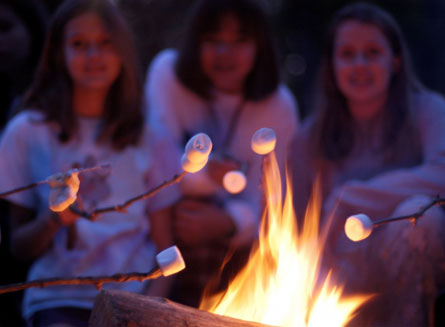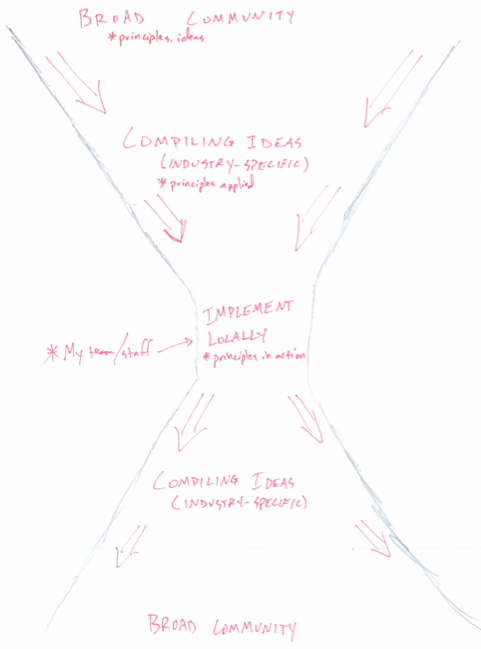This is a guest post by Nikki Eidson. Nikki is a young adult living and working in Charleston, SC. She’s seeking community. You can follow her on Twitter, Facebook, and both of her blogs: Crazy Asian of Charleston or Faith Overflow.

When I began processing my experiences with my small groups, I had the idea of writing about the importance of community for young adults (since this is the age category I fall under). But I realized this:
No matter how young we are or how old we are, we need community. Period.
Sometimes we don’t “want” it. But it’s necessary. Here are 3 reasons why I believe community is important.
The necessity of community
1. Encouragement and Prayer
“And let us consider how we may spur one another on toward love and good deeds, 25 not giving up meeting together, as some are in the habit of doing, but encouraging one another.”(Hebrews 10:24-25a)
I remember my first “small group” encounter occurred in the midst of a horrible low point in my life.
I remember being scared.
I was vulnerable.
I didn’t want to be judged.
I, honestly, wanted to get through all my junk on my own.
…but had I not embraced the community, I would have missed out on experiencing friendship and encouragement
I would have missed out on understanding the meaning of unconditional love (…well, as close to “unconditional” as we can get).
I would have, ultimately, missed out on becoming the woman that God wanted me to become.
“Therefore confess your sins to each other and pray for each other so that you may be healed. The prayer of a righteous man is powerful and effective.” (James 5:16)
As I grew in my faith, being part of a small group gave me an open forum to discuss my struggles with other believers – my FRIENDS – who I knew would be constantly praying for me. And although sometimes it’s awkward, asking for prayer is powerful and knowing that others are praying for you is immensely rewarding.
2. Fellowship
“A friend loves at all times, and a brother is born for a time of adversity.” (Proverbs 17:17)
Life is rough, sometimes.
And we need a safe, fun-loving environment to just have fun and let go.
Some of my favorite small group memories involve game nights, going out to eat together. Just BEING together. As brothers and sisters in Christ, we need each other in times of adversity.
Life is better lived with friends.
3. Discipleship
Another reason community is necessary for young adults is to further our discipleship with Christ – to constantly be growing.
This has especially been the core of my experience with small groups in my “new home” of Charleston. We gather together to encourage, fellowship, but most importantly to GROW as devoted followers of Christ. And to not only grow in our own personal relationships, but also to encourage each other’s growth.
We are constantly studying God’s word to push us to not only become more passionate FOLLOWERS of Christ, but to become LEADERS ready and willing to step up in building up other followers.
I know I was recently asked to pray about stepping up and leading small group one night. I was definitely challeneged (and still am since I haven’t officially stepped up to say “Yes”). But I realized that it’s easy to “sit back and enjoy the ride” when you simply go and don’t have to worry about leading.
But sometimes, we need encouragement from one another to step up and to be willing to lead. Being in a small group that challenges you to never settle in your relationship with Christ is important.
As a former “I like worshiping in a big service, but small groups ‘aren’t for me'” person, I can honestly say that stepping out of my comfort zone and being willing to live life with other people has made a huge difference in my faith and relationship with Christ.
Going to a large gathering on Sunday (or Saturday – whenever you attend “BIG” church) is important in worshiping with the body of Christ, but never discount the importance of gathering together in a smaller community. We were made to be relational and to have more personal relationships with other believers. You never know what God will reveal to you in those smaller gatherings that you would never be able to hear in the larger gatherings.
Are you involved in a small group?
What has challenged you most in that community?
 Everybody’s good at something. How do I know?
Everybody’s good at something. How do I know?







